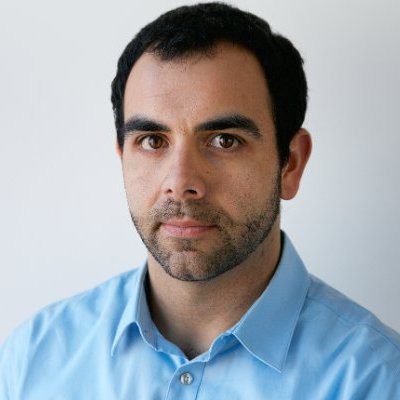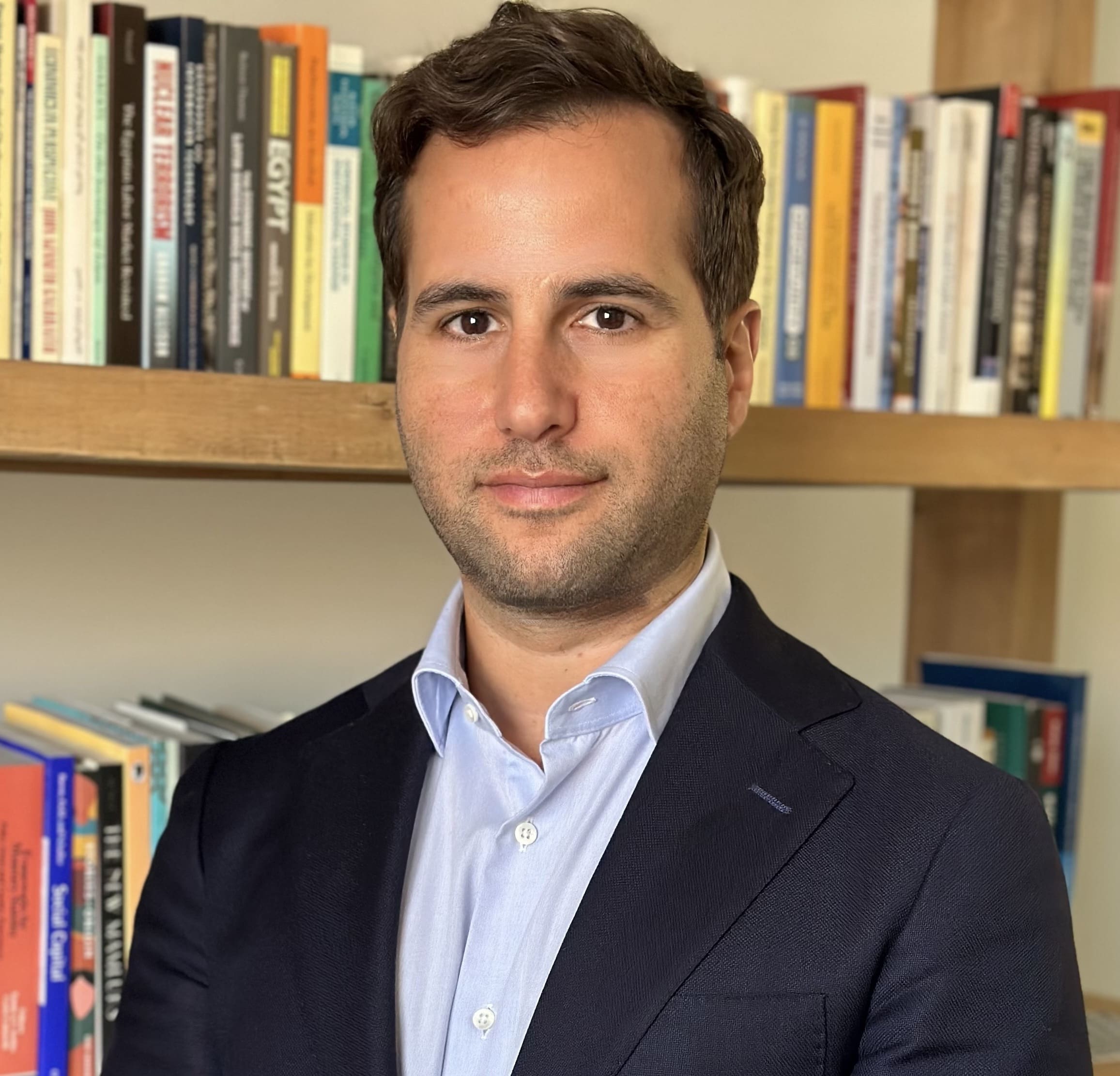Gaza’s Unending Nightmare
August 29, 2022
Summary
The Middle East Council on Global Affairs (ME Council) hosted a webinar on August 29, 2022, convening experts to examine the present and future of the Gaza Strip in the wake of Israel’s latest offensive. The distinguished panelists were Dalal Iriqat, assistant professor at the Arab American University (AAUP); Muhammad Shehada, chief of programs and communications at Euro-Med Human Rights Monitor; and Omar Shakir, Israel and Palestine director at Human Rights Watch. Omar H. Rahman, Fellow at the Council, moderated the discussion, which analyzed the humanitarian and political implications of Israel’s recent bombardment of Gaza.
Omar Rahman opened the webinar by giving an overview of Israel’s long-standing policies of isolation, including a complete air and land blockade of Gaza. Often referred to as an “open-air prison,” Gaza habitants face food insecurity, poverty, high unemployment levels, lack of access to clean drinking water, and limited to non-existent health care services. The United Nations stated that by 2020, Gaza will be uninhabitable, and the dire conditions of everyday life there reflect this prediction.
Muhammad Shehada turned the discussion to a number of reasons for cautious optimism. Gaza has immense, unrealized potential in terms of landscapes and natural resources. Gazans are resilient and skeptical towards the use of violence in the service of political agendas. However, Shehada also noted that one cannot disregard the harsh realities that prevent the employment and development of Gazan human potential. Caged by Israeli policies, Palestinians there feel threatened by the increased security presence that is marked by the proliferation of drones above the Strip. Moreover, mobility between Gaza and elsewhere is meticulously restricted, with bans enforced on technological equipment as simple as ATMs and money counting machines. These bans are planned to further constrict the basic functions of Gaza’s economy. Shehada also drew attention to the international community’s unreasonable expectation that Gazans remain silent in the face of unprovoked Israeli acts of violence. Such suppression of civil society and non-violent expression, Shehada reasoned, increases the likelihood that individuals will resort to armed resistance.
After her recent visit to Gaza, Dalal Iriqat criticized claims made by Israelis that Israeli authorities withdrew from Gaza and (former Israeli PM Ariel) Sharon claims at the time concerning the deployment of Jewish settlers. These sudden deployments were not, in fact, coordinated with local organizations such as the PLO, despite claims to the contrary. She rejected the argument that increased security measures are necessary for the surveillance of Hamas, maintaining that this reinforces the violent status quo in Gaza. In Iriqat’s analysis, political fragmentation within the Palestinian community worsens the situation. Instead, Gaza must be economically incorporated and treated as an integral part of Palestine rather than as a separate entity. Iriqat also argued that the blockade is a form of structural violence and collective punishment of the more than 2.2 million Palestinians who reside in Gaza. Moreover, Gazans cannot be approached only from a humanitarian angle; political solutions are necessary to bring about the fundamental changes that will allow Palestinians to present a unified front.
Omar Shakir summarized the Israeli policy towards Gaza as “cage, smother, subdue, repeat,” citing his recent article written for Human Rights Watch. The “cage” tactic, ongoing since 2007, references the generalized closure of the Gaza Strip which restricts the movement of people and goods—a strategy that allows Israel to suppress Gaza’s economic activity. The fact that Gaza’s GDP is 20% lower than it was in the 1990s is evidence of this strategy’s impact. Beyond abstract metrics like GDP, this long-term economic “smothering” means that most Gazans face restricted access to electricity on an everyday basis, as well as difficulty finding and affording basic necessities. Additionally, the Israeli policy to “subdue” is manifest in the vicious and never-ending cycle of violent escalations, such as air strikes that use highly explosive weapons in densely populated areas, resulting in the deaths of families and the destruction of civilian infrastructure. These crimes—clear violations of international law—fade from the headlines after a few days and are met with inadequate international resistance. Consequently, the cycle repeats. Shakir stresses the importance of prosecuting Israelis and their Apartheid action to disrupt the violent cycle that results from these policies.
The subsequent question and answer session centered on the role of regional powers in increasing accountability and political pressure. Egypt and Qatar are the two primary sources of humanitarian aid for the Gaza Strip. On its own, such aid does not address the core political issues or change harmful policies. Aid may even enable the cycle to continue by mitigating the full effects of Israel’s policies. Countries often focus on financial support and aid efforts at the expense of confronting the occupation and its crimes. However, a durable and meaningful solution for Gaza requires dealing with core issues, including the blockade and its infringement on basic human rights. Holding Israel accountable, dismantling apartheid structures, ending impunity for human rights abuses, and enforcing international law are the first steps towards the ending of this nightmare.
Speakers

Omar Shakir
Israel and Palestine Director, Human Rights Watch

Muhammad Shehada
Chief of Programs and Communications, Euro-Med Human Rights Monitor


